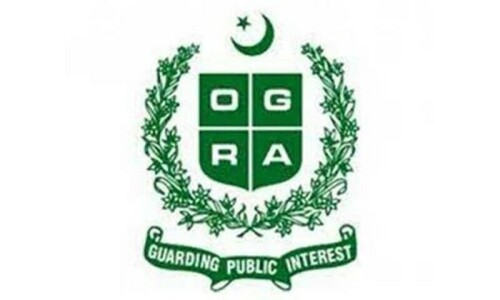THE litmus test for the financial health of an economy is the speed at which it converts the savings of individuals and institutions into profitable investments.
Globally, retail investors account for nearly 40pc of the investments in financial markets. Keeping in view the potential for retail investment in Pakistan, the share of retail investers in capital and money market remains abnormally low.
There are several factors which hinder the development of a healthy retail investment market including lower savings rates, procedural complexities, lack of public awareness and difficult access to a formal financial system.
The first factor for lower retail investments is the low savings rate of the general public. Due to an attractive return on savings coupled with a spending culture, the disposable income of the middle class is invested in the informal financial market. Further the procedural complexities prescribe a lot of steps for an ordinary person to comply with.
A retail investor is not aware of the workings of financial markets and institutions. The financial literacy rate is low and there is no serious effort being made by financial institutions to create public awareness. The tax credits available for retail investments in capital markets are also not encouraging. On average, a retail investment of Rs100,000 in the capital market brings a tax credit of only Rs1,000.
Financial institutions (FIs) and the government need to adopt suitable strategies for attracting retail investors to capital markets.
FIs need to focus on small cities and rural areas, where a significant middle class has emerged as a result of high agricultural prices and rising workers remittances from abroad.
These institutions need to establish offices in those places, build trust among the general public and encourage them to take long term deposits.
The procedural complexities need to be reduced for retail investors by designing simple and understandable investment documents in Urdu.
Institutions also need to develop attractive savings and investments plans by keeping in mind the social and cultural needs of the citizens.
Attractive tax credits, coupled with the relaxation of strict conditions for availing them, are required to spur retail investment. The government should put in place a friendly taxation regime (tax credits and enhanced deductions) for financial institutions and encourage them to establish offices in smaller cities and towns.
The writer is an assistant professor at AIOU, Islamabad.
Published in Dawn, Business & Finance weekly, November 21st, 2016













































